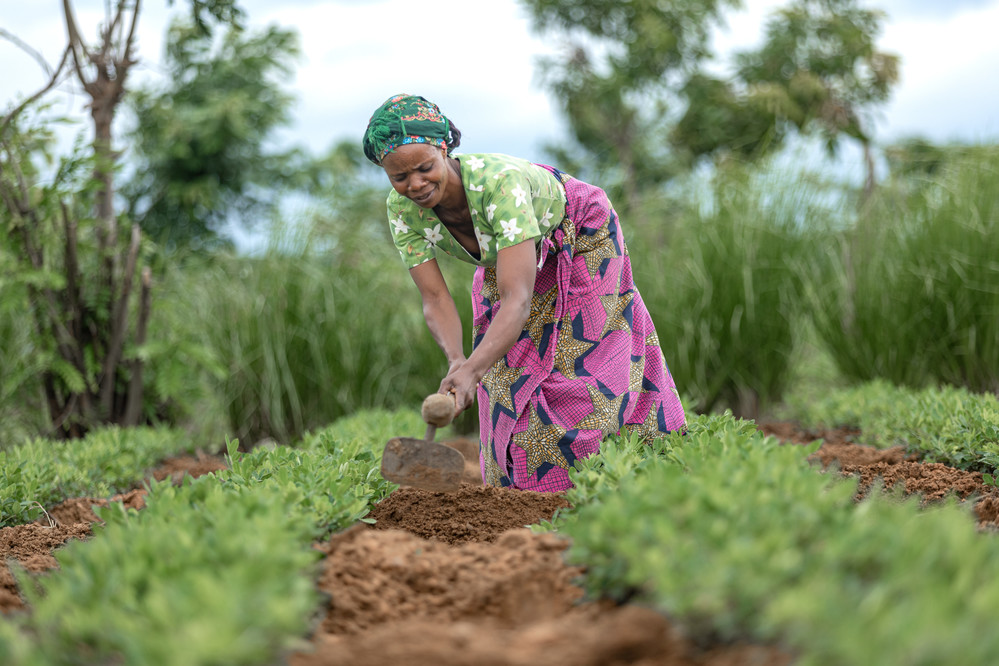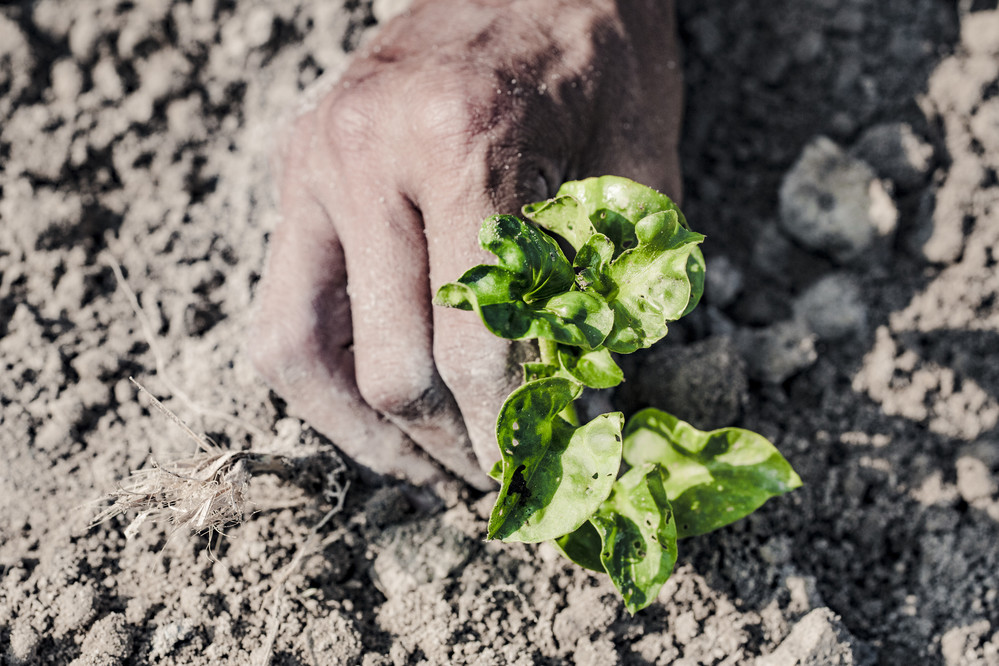Yuri Soares tells, Unit Chief at IDB Innovation Lab tells SAFIN about what is shaping the future of agricultural finance in Latin America and the Caribbean.

Yuri Soarez Dillon, Unit Chief, IDB Innovation Lab
Can you tell us about the IDB and its history?
The Inter-American Development Bank (IDB) is the regional development bank for Latin America and Caribbean. It is the largest source of development finance for the region, deploying loans, grants, and technical assistance. We have an objective of achieving development in a sustainable and climate-friendly way.
Since it was founded in 1959, the IDB has been a trusted partner for governments, the private sector and civil society. The IDB Group consists of three different parts: the IDB, which primarily lends to governments, IDB Invest, which is the private sector arm, and IDB Lab, which is the innovation laboratory of the group.
Please tell us about yourself and your role in the IDB Group
I lead the strategy group at the IDB Lab, which takes on higher risk and experiments at the frontier of innovation. I help the Lab set its thematic priorities, business model and vision towards development. Our current business plan identifies three main assets to deploy in the region: finance—equity, loans and grants; knowledge—studies, data, and dissemination instruments and; connections—events, technologies and platforms to connect people.
What are the most important recent developments in rural finance in Latin America and the Caribbean?
In recent times, I would say the digital revolution. It has transformed how we do business in every aspect of agriculture. It has allowed us to produce more with less and in a smarter way, conserving resources and reducing carbon emissions. It has changed how we finance agriculture and has made cheap finance available to thousands of small producers. Technology has also created a new marketplace in agriculture, bringing together buyers and sellers who would never have interacted before. Much of this is driven by new entrants in the sector, such as startups.
Looking to the next few decades, I would say the personalization of agriculture and a shift away from animal protein. The shift away from animal protein is well under-way on the demand side in industrialized countries, with double-digit growth in plant-based foods, and this is expected to continue. Perhaps more into the future, personalization of foods will also shape the sector. As biotech and big data increasingly become prevalent technologies in agriculture, consumers will demand more personalized foods and supply chains will become sophisticated enough to meet that demand.
We believe that connecting different actors in the agriculture ecosystem is fundamental for us to learn from each other.
Why did IDB join SAFIN?
We joined SAFIN because we believe that connecting different actors in the agriculture ecosystem is fundamental for us to learn from each other. Despite all the talk of the need for finance in agriculture, connections are an underprovided asset and SAFIN addresses that. For a regional organization, this is particularly relevant as we do not have much exposure to technologies and innovations in other regions that may be beneficial for our clients, producers and countries. On a personal note, I think that I bring a constant push towards innovation in SAFIN – a focus that in my opinion is lacking in the industry and in development finance.
How is IDB contributing to SAFIN?
Our region has a lot to contribute to the rest of the world. It is one of the largest net exporters of food in the world and we expect that the agriculture sector will account for an increasing share of economic output in the decades to come. The IDB has a long tradition in research and has maintained strong ties with research institutions throughout the world. Lastly, the IDB is quite unique in that its three windows are very well integrated. This allows us to bring policy advice, the dynamism of private finance, and innovation to bear to any problem in the sector in an integrated way, which can also be an asset to SAFIN.

